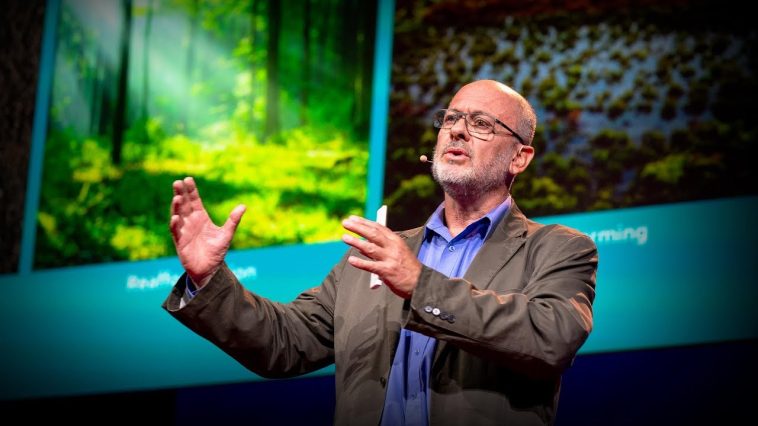Can seaweed help curb global warming by Tim Finnery
It’s time for planetary-scale interventions to combat climate change — and environmentalist Tim Flannery thinks seaweed can help. In a bold talk, he shares the epic carbon-capturing potential of seaweed, explaining how oceangoing seaweed farms created on a massive scale could trap all the carbon we emit into the atmosphere. Learn more about this potentially planet-saving solution — and the work that’s still needed to get there.
Let’s delve into the key points from his talk.
Flannery begins by emphasizing the urgent need for planetary-scale interventions to address climate change. He proposes that oceangoing seaweed farms could play a crucial role in capturing carbon emissions. Here are the highlights:
- Carbon-Capturing Potential:
- Seaweed has an impressive ability to absorb carbon dioxide (CO?) from the atmosphere. Unlike forests, which have long been considered effective natural defenses against climate change, seaweed surpasses them in carbon absorption.
- By cultivating vast seaweed farms in the ocean, we can harness this potential to trap the carbon we emit into the atmosphere.
- Massive Scale Farms:
- Flannery envisions large-scale seaweed farms that cover extensive areas of the ocean. These farms would act as carbon sinks, capturing CO? and mitigating its impact on the climate.
- The scale required is ambitious, but it aligns with the urgency of the climate crisis.
- Multiple Benefits:
- Beyond carbon capture, seaweed offers additional advantages:
- De-Acidification: Giant kelp farms could help de-acidify oceans, counteracting the harmful effects of ocean acidification caused by excess CO?.
- Beyond carbon capture, seaweed offers additional advantages:
In summary, Flannery’s talk highlights the immense potential of seaweed as a natural solution to combat global warming. By scaling up seaweed cultivation, we can make a meaningful impact on our planet’s climate.
For More Info Click Here
More Such Article Click Here




GIPHY App Key not set. Please check settings